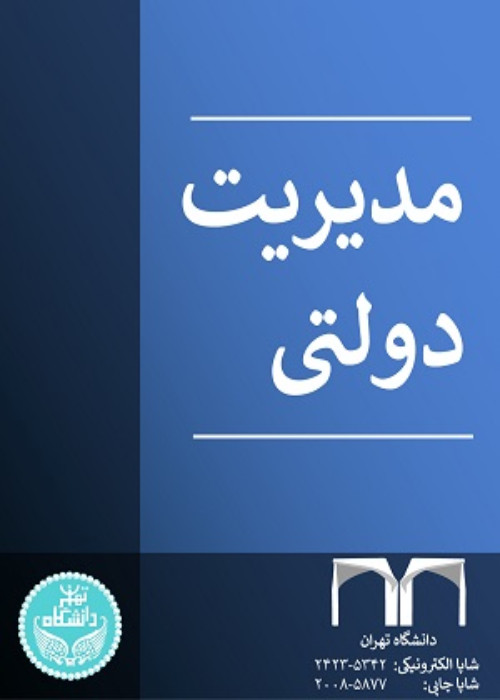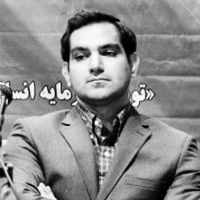Designing a Policy Model Based on the Development of Human Capabilities of the Ministry of Education of the Kurdistan Region of Iraq
The capability approach, the result of the latest development theories, is a novel perspective that links development with the concepts of "functions" and "capabilities." This approach can be employed as a fundamental framework in the education system. The aim of this research is to design a policy-making model based on the development of human capabilities in the Kurdistan Region's Ministry of Education. In this regard, human capabilities in the field of education were identified in Kurdistan, and logical connections between influential components were established to formulate a policy for developing human capabilities.
This research was conducted using qualitative research methods and a grounded theory approach. In this context, research data were collected through purposive sampling. This sampling involved employing experts and professionals in the field of education in Kurdistan. Data were collected through conducting in-depth interviews. Initially, experts in education were carefully selected, and only those with sufficient capability and experience in this field were chosen for interviews. This purposive sampling was done by setting precise criteria for selecting individuals to gain the best perspectives and experiences. Then, through conducting in-depth interviews with selected individuals, the necessary data for the research were collected. These interviews were extensive and detailed, asking various questions related to the research topic. Simultaneously, data were collected and analyzed. According to the Glaserian approach, the data were coded and conceptualized. This stage was done carefully to clearly highlight patterns, concepts, and significant differences in the data. Precise coding of this information allowed for a comprehensive and in-depth analysis of the collected data.
The research findings show that in the Kurdistan Region's education system, there are two main levels of human capabilities: skill-based capabilities and opportunity-based capabilities. These two levels of capability are widely observed in the education structure, from different educational levels to informal and self-taught education sectors. Skill-based capabilities focus on individual skills, abilities, and competencies. Academic, specialized, and practical skills acquired in the field of education are part of these capabilities. Opportunity-based capabilities are related to individuals' ability to utilize opportunities and facilities in their environment. These capabilities include social, communicative, and entrepreneurial abilities. Furthermore, the results showed that if attention is given to contextual factors, transformative elements, and facilitating factors, these capabilities can be transformed into desirable functions. These transformations are observable not only at the level of formal education but also in informal education processes. These results indicate the comprehensive and extensive nature of human capability development in the Kurdistan Region's education system and emphasize the fundamental role of these capabilities in improving educational processes and enhancing individuals' proficiency.
If educational policymakers in the Kurdistan Region's education system have a comprehensive and interactive perspective towards various aspects of human capabilities, it can be expected that desirable functions such as enhancing welfare and happiness in the social and educational areas of this region will be formed. This matter is dependent on the strengthening of social institutions, respect for regional norms and laws, valuing ethnic characteristics, and successful management of geopolitical factors. In this way, the capability approach, as a conceptual framework, not only aligns with traditional development paradigms but also plays a key role in creating a dynamic and responsive structure for educational policy-making.
- حق عضویت دریافتی صرف حمایت از نشریات عضو و نگهداری، تکمیل و توسعه مگیران میشود.
- پرداخت حق اشتراک و دانلود مقالات اجازه بازنشر آن در سایر رسانههای چاپی و دیجیتال را به کاربر نمیدهد.



